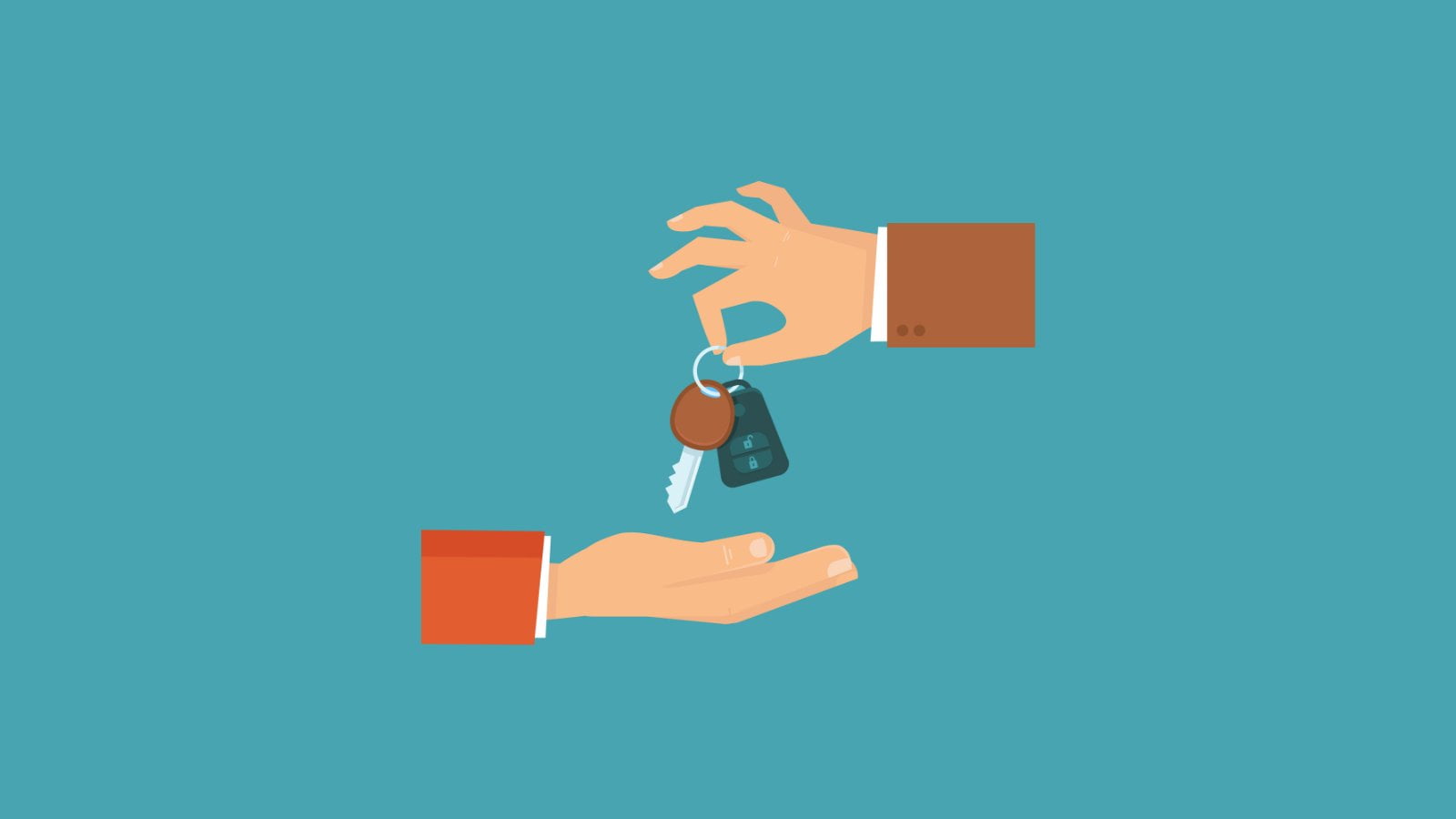
A dispute between Coca-Cola and HM Revenue & Customs (HMRC) has closed the loophole that previously defined double-cab pickups as vans and now means they will be classed as cars.
Historically, a double-cab pickup with a payload of one tonne (1,000kg) or more was accepted as a van for benefits purposes, allowing businesses to enjoy lower Benefit in Kind (BIK) tax rates and reclaim VAT.
This classification was particularly beneficial for small businesses and made double-cab pickups a popular choice, both for their versatility and cost-effectiveness.
However, this ruling on the definition of a van by HMRC means that from 1 July 2024, most double-cab pickups will likely be classified as cars due to their dual functionality, resulting in higher taxes for their users.
The end of double-cab pickups as business assets?
If you own a double-cab pickup that you’ve been using for business, you should assess the vehicle’s use – whether it’s purely for business use or mixed use influences the tax implications of ownership.
- For business use: You can claim capital allowances on vehicles used exclusively for business purposes, allowing them to deduct some of the vehicle’s cost from their profits before paying tax. You can also reclaim VAT on the purchase price and running costs, subject to certain conditions and limitations.
- For mixed use: When a company vehicle is used for both personal and business purposes, the personal use part is treated as a ‘benefit in kind’. This leads to a BIK tax charge, which depends on the vehicle’s CO2 emissions and list price. You may have to account for VAT on the private use portion, restricting the amount of VAT you can reclaim on the purchase and running costs.
This should emphasise the importance of clear usage policies within your business, which can be used to optimise your tax efficiency by demonstrating to HMRC the vehicles’ intended purpose.
Those who’ve acquired their vehicles before the July 2024 deadline may still benefit from current tax rules until 5 April 2028 or until the vehicle is sold, depending on which comes first.
Should you go electric next time?
Given the impact of the Coca-Cola/HMRC case on pickups, this might be a good opportunity to consider buying electric vehicles for your business fleet.
You could benefit from Enhanced Capital Allowances (ECAs) for electric vehicles, allowing you to deduct the full cost from your profits before tax which can lead to substantial savings, particularly in the first year of purchase.
Additionally, electric vehicles often have a lower BIK rate compared to petrol or diesel cars, significantly reducing the tax liability for employees who use company cars for personal purposes.
They might also be eligible for the Zero Emissions Goods Vehicle Grant, reducing the overall purchase cost. As you can see, these tax incentives may make an electric vehicle purchase a great option.
What to do if you own a double-cab pickup
In short, it’s time to reassess your tax efficiency.
The changes to how pickups are being taxed warrant a deeper look at your liabilities and obligations.
We can help you analyse this issue and work out your best strategy before the tax changes come into play.
Please get in touch if you need advice or further information on this issue.